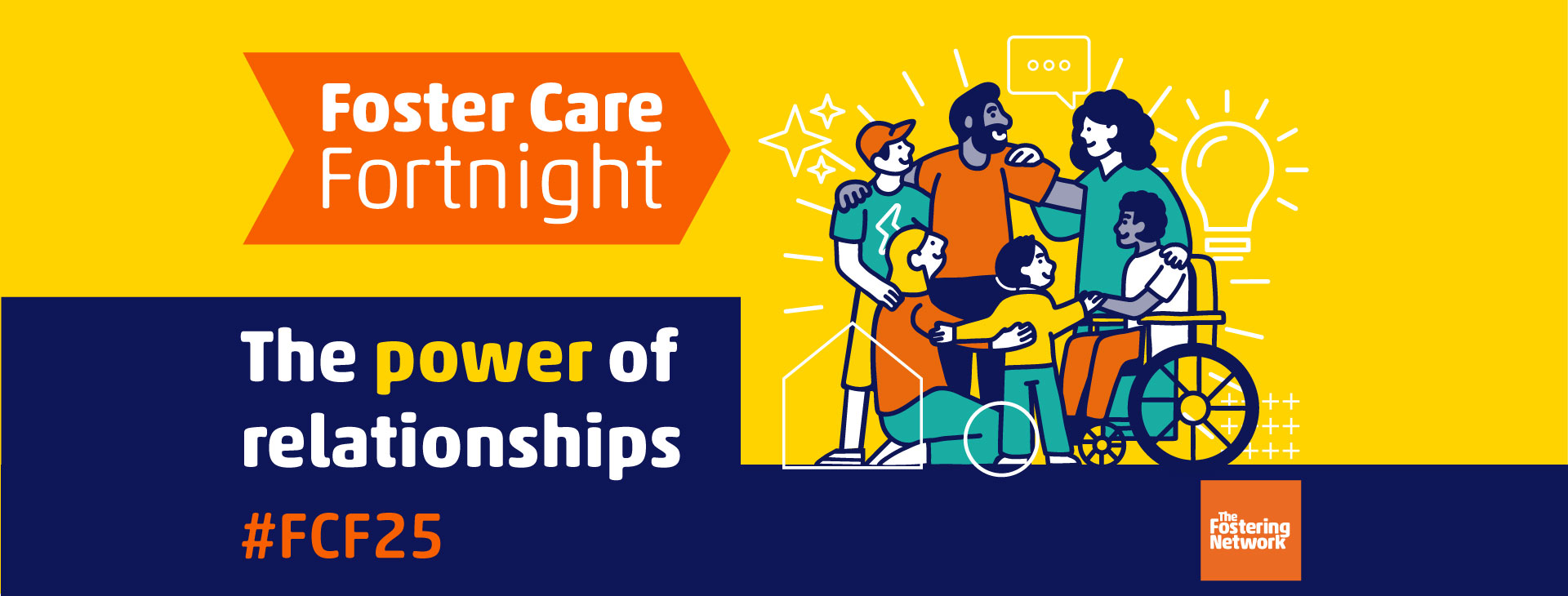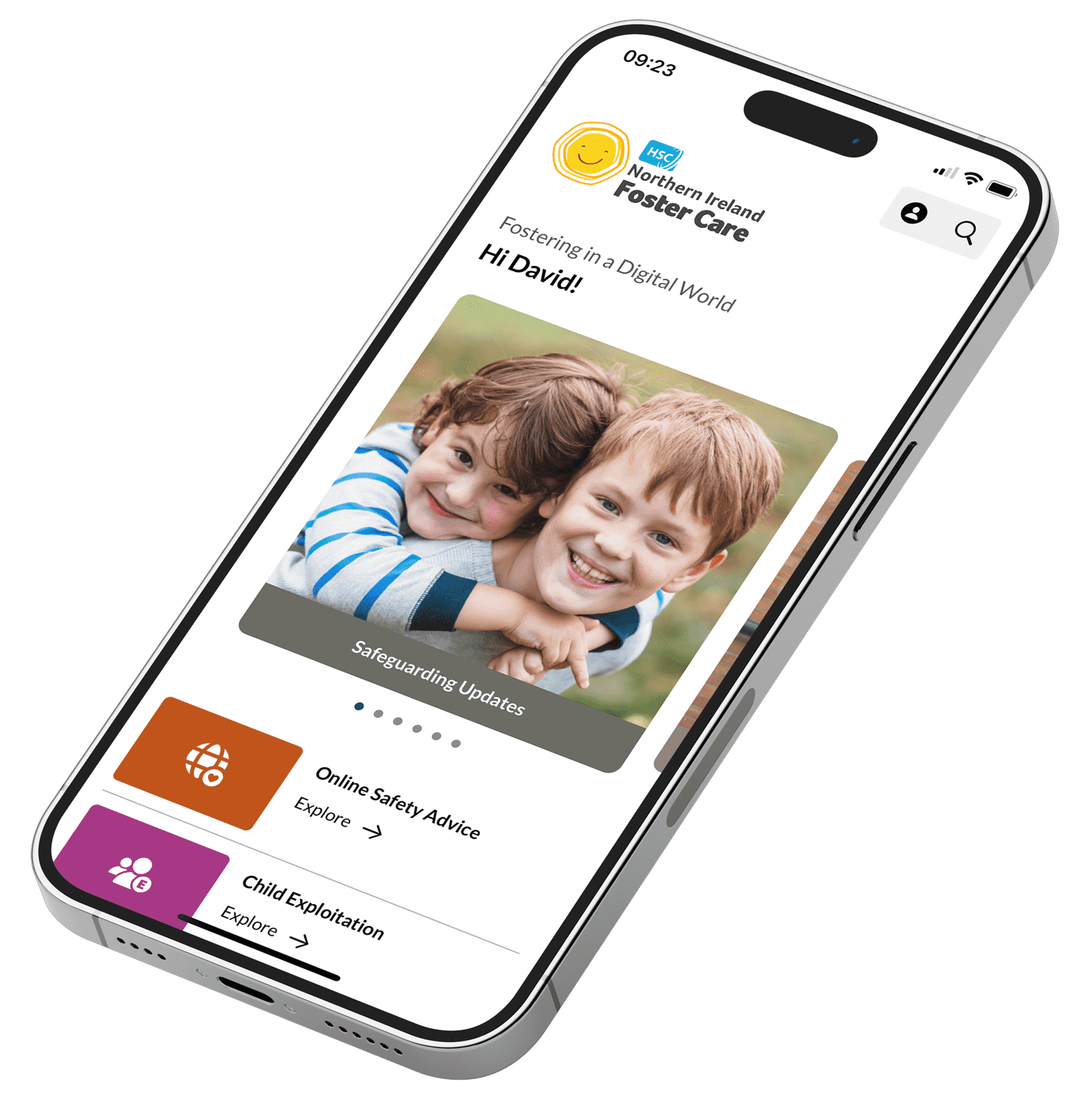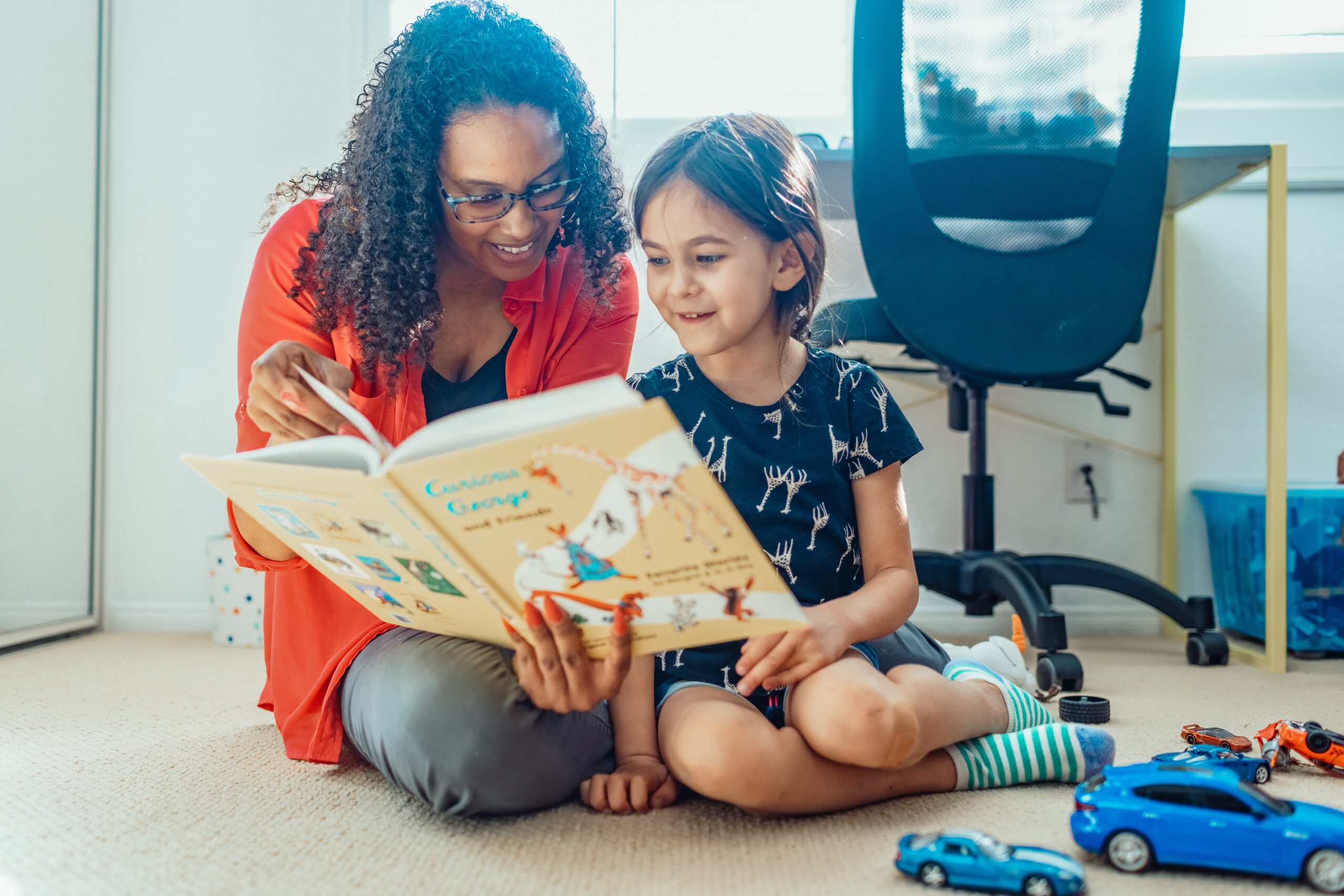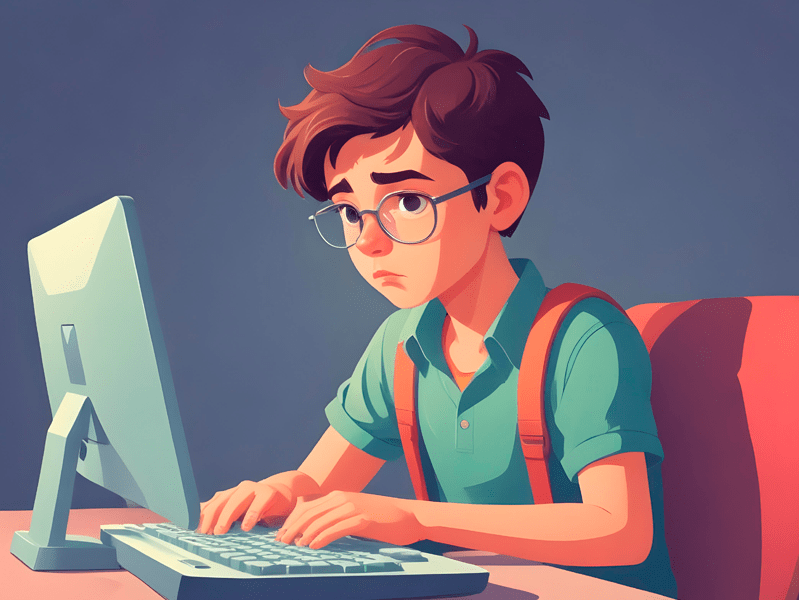Last Updated on 12th May 2025
Reading Time: 7.9 Minutes
Published: July 15, 2025
This year, the 12th- 25th of May marks Foster Care Fortnight, an annual campaign which highlights the power of fostering and the fostering community. These two weeks offer a chance to consider the passion, dedication and commitment that is practised by Foster Carers every day, whilst also highlighting the need for more people to consider fostering.
The theme of this year’s Foster Care Fortnight is ‘The Power of Relationships’.

The Power of Relationships
Throughout the fortnight, The Fostering Network encourages those in the community to celebrate strong and trusting relationships built through fostering. Whether it’s the bond between a child and their foster carer or the friendships built within the community, these relationships transform lives and open a door to endless possibilities.
The number of children in care is continuing to rise every year, with over 100,000 children in the care system. Over a quarter of the children in care are without fostering families and every 15 minutes there is a new child in need of a foster family, meaning the need for new foster families is urgent and vital to transforming lives.
For more information on building support networks for foster carers, please visit The Fostering Networks’ website.
To highlight the power of fostering, we caught up with two fostering families of different backgrounds. By sharing their stories, they hope to inspire others to take the leap and start their fostering journey.
Kathy, Olivia and Eva
Kathy and her two daughters Olivia and Eva have been fostering children for over 14 years. Kathy is a professional foster carer, Olivia has just finished her law degree in Liverpool and Eva is hoping to return to school in September.
How has Fostering Changed Your Lives?
Eva: We haven’t known any different…we’ve always had someone here and it’s weird now when we don’t have someone in the house, it just feels too quiet… I think it’s affected my life in a good way.
Olivia: It has given me a better awareness of relationships, people and family dynamics and how that works and has an influence – it’s been really interesting.
Kathy: It was a decision I made when I wanted to go into social work, but I had two young children. I just kept seeing ads coming up for fostering and thought – ‘well I’ll give that a go’.
There is a big gap between younger foster children and those from about the age of 12 up to adulthood. A lot of foster carers won’t take teenagers so they try to create schemes where they train you up so I thought I’ll just give it a go.
The first child we got was a huge 14-year-old boy from Derry/Londonderry and I thought oh my word what am I going to do with this guy – he was hugely tall and I had two little girls at home. From that day on it has really been a huge learning curve, it’s been an asset to our family in lots of ways… it was very different to most family lives.
What would you tell other adults who were thinking of Fostering?
Kathy: When people ask what you do and I tell them I’m a foster carer, everyone says ‘oh I’ve always wanted to do that’ or ‘I’d like to do that’ – my thing to say would be yes why not, just make that phone call.
There are so many myths around fostering such as loads of troubled children. When you read about a child before they come, you really don’t know what to expect and generally it’s just a frightened child. If people could see past the bad press that adolescents get and just give it a go. It is worth making that first call and getting someone to talk to you about what fostering would be like for each individual rather than what other people are saying about fostering.
Olivia: I think that as mum said, just enquire to see what would work for you. Once you read about the child on paper, it does sound pretty bad sometimes but when they come, it’s nothing like that at all. It needs to be all kept in perspective so phone to see if it could work for you and your family.
How do you manage online safety as a foster carer and is there information and support available?
Kathy: The app [HSC Fostering by Ineqe Safeguarding Group] is a huge help to all foster carers, we use the app all the time because it’s so up to date and user friendly with good step by step guides. The online world is a real minefield!

Is there anything that you tell a child who is maybe coming into a foster environment?
Eva: We aren’t that scary!
Kathy: I’d tell them that they’re safe, that we care about them, we’re not their parents but we’re here to look after them. It’s important to remind them that they still have their parents, and they are very important people and it’s never the child’s fault that they have come into care.
Michelle
Michelle and her husband Stephen, along with their two children who are 17 and 12 and their two dogs Bonnie and Bella have been a foster family for 5 years. They currently cater for emergency, respite and short-term placements.
How has fostering changed your life?
Fostering has changed our lives in many ways, all the children who have stayed with us have made a big impact on our lives and have been made to feel part of our family from day one. Some children who have left us still keep in contact with us today and we have even been made to feel like part of their new forever families too.
What do you enjoy most about fostering?
The thing we enjoy the most about fostering is watching a child grow with confidence, watching them learning new things and simply seeing joy on their faces. There is nothing more special than giving a child the stability and security they may have never experienced before. Getting those great big hugs and little thank yous make the hard work worthwhile.
What would you tell adults who were thinking of becoming a foster carer?
If I had to tell an adult one thing about fostering, it would simply be “fostering is one of the biggest and most rewarding jobs you will ever do in your life”.
I’d tell someone thinking of fostering just do it, you can make a huge difference to a child’s life. I’ve given the telephone number to a few friends to make enquiries about fostering and I’m happy to say out of those phone calls there’s been a few new carers approved. I would also say, I don’t know of anyone who has started the process of fostering and stopped after having one child, actually all the foster carers I’d be friends with have fostered for many years.
The challenges with fostering change from placement to placement, for example a baby will wake you in the middle of the night, but you’ll get those huge smiles in return. A teenager might give a few headaches but sure that’s totally normal with any teenager. We have always been fully supported with all our placements. Your supporting social worker is always on hand to give you guidance and support. The trust always has courses available to foster carers which will match the type of placement you have.


If you’re considering becoming a foster carer…
Making the decision to become a foster parent can be challenging and is determined by a set list of eligibility criteria. You can find a list of requirements and misconceptions about becoming a foster carer on the Foster Care UK website.
You can find frequently asked questions about becoming a foster carer here.
Join our Online Safeguarding Hub Newsletter Network
Members of our network receive weekly updates on the trends, risks and threats to children and young people online.












